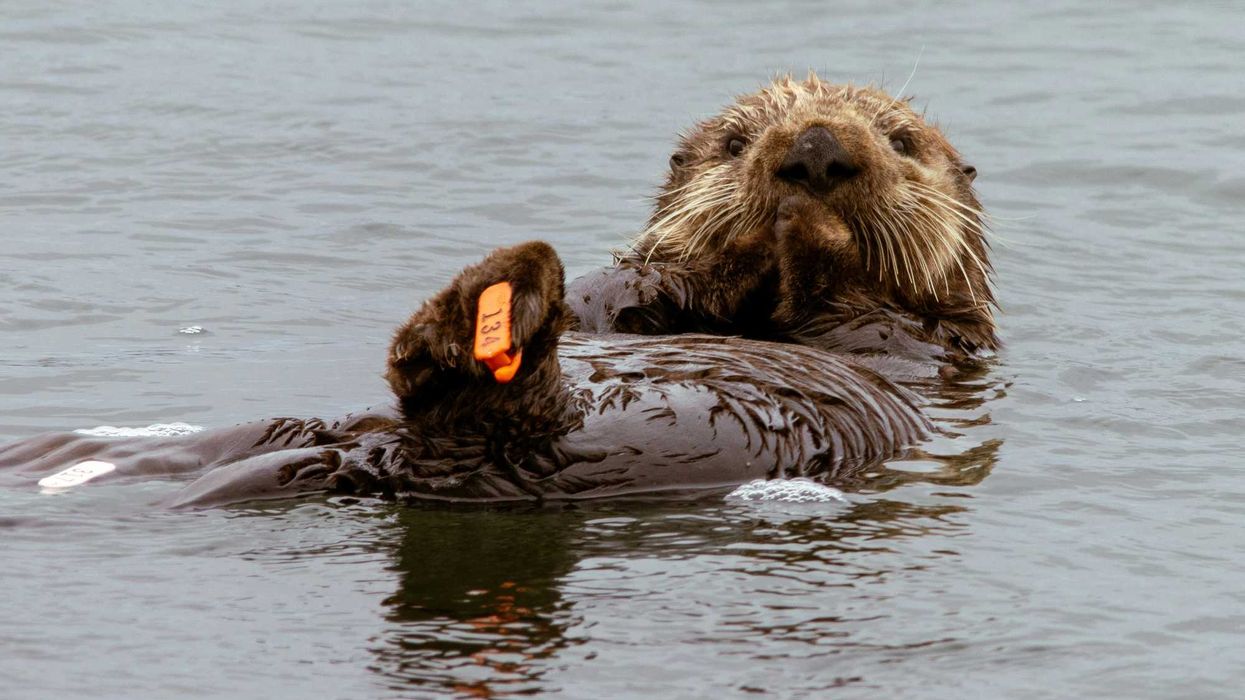A Hong Kong Consumer Council investigation of 37 makeup primers found that more than half contain ingredients linked to endocrine disruption, skin irritation, or environmental harm, raising concerns for consumer safety.
In short:
- The study found endocrine-disrupting chemicals in 17 of 20 primers that claim sun protection, including UV filters like octocrylene, EHMC, and homosalate.
- Fragrance allergens were present in over 60% of products, with some containing high levels of alcohol, which may cause irritation or dryness.
- Only two brands — Laura Mercier and Rare Beauty — were free from all concerning ingredients, prompting calls for better labeling and stricter regulations.
Why this matters:
Endocrine-disrupting chemicals, or EDCs, are an increasingly urgent public health and environmental concern, quietly embedded in the everyday products people use — from shampoos and lotions to makeup and sunscreens. These chemicals interfere with the body's hormonal system, potentially leading to a range of health issues, including reproductive problems, developmental disorders, and even certain cancers.
What makes EDCs particularly troubling is their ability to accumulate in the body over time, meaning even small, repeated exposures can have lasting consequences. Scientists have long warned that the presence of these chemicals in personal care products creates an invisible but persistent risk, particularly for vulnerable populations such as pregnant women and children.














